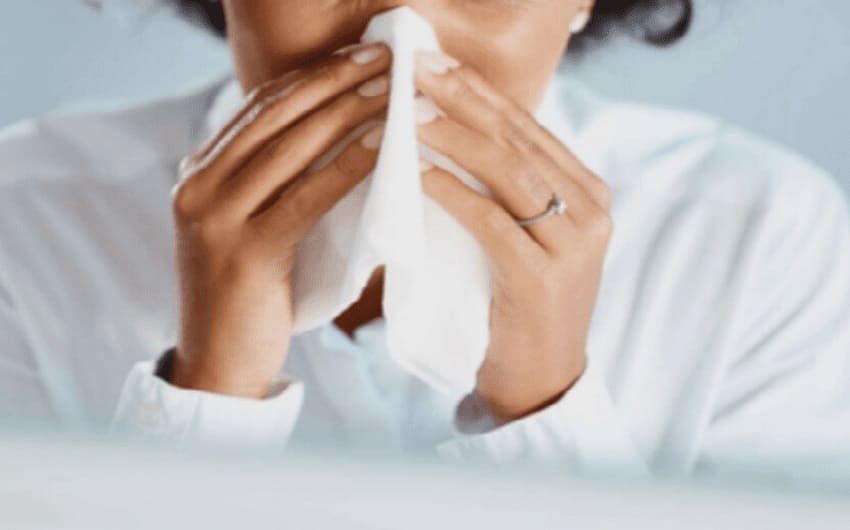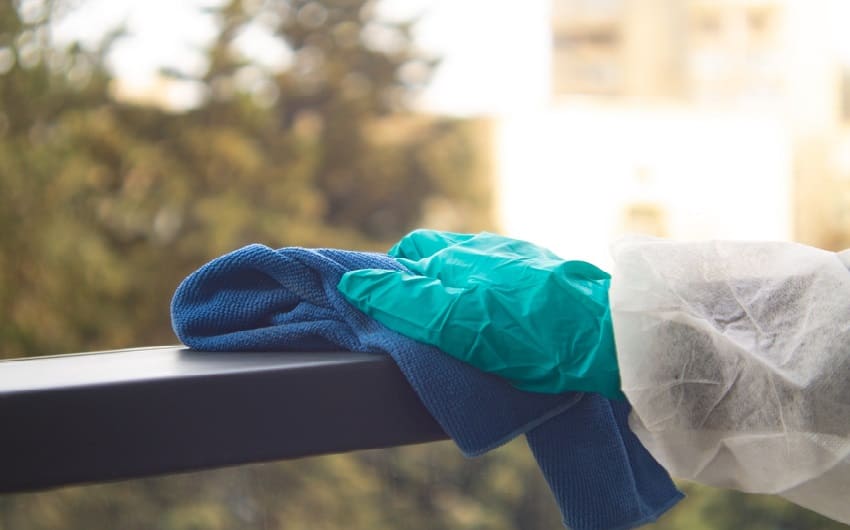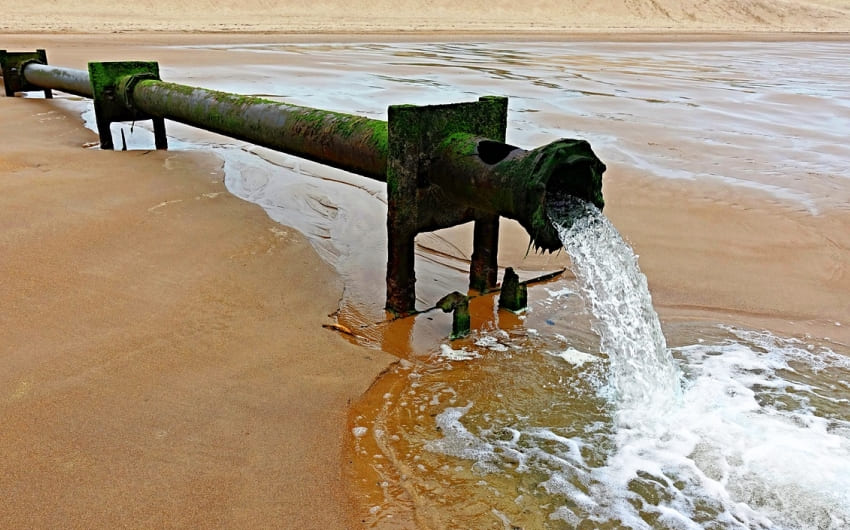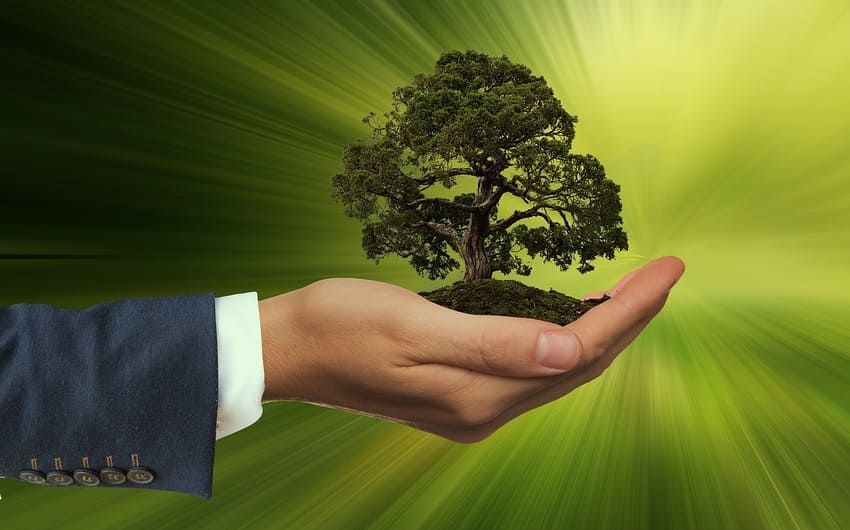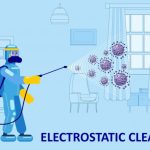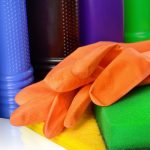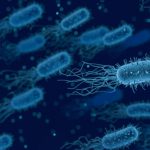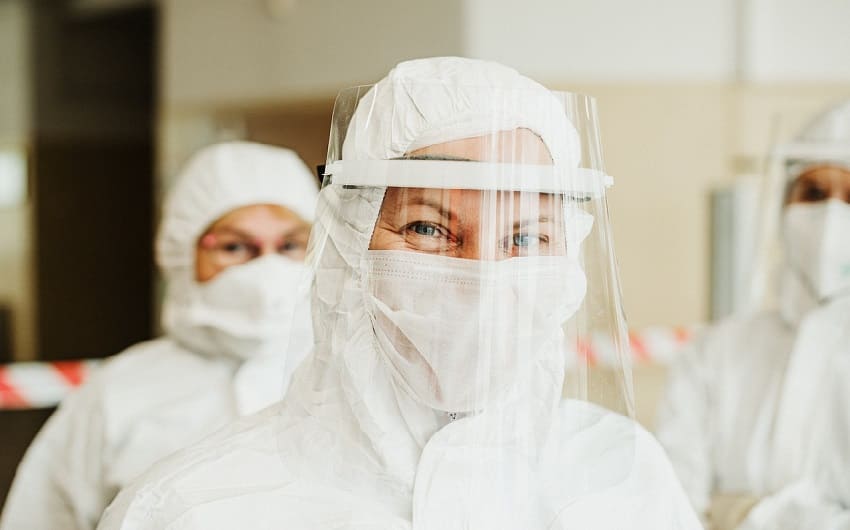
How to optimize Personal Protective Equipment (PPE)
We are almost a year into the Covid-19 Pandemic. We have been through various stages of lockdown. In 2021, we have more lockdowns to come. It’s far from over.
The impact on businesses has been huge and varied according to industry. However, there’s one burden all businesses and industries share: PPE. Personal Protective Equipment is part of every business’s overhead in 2021. It’s likely that it will be for at least the remainder of the year, if not longer.
Unfortunately, this extra overhead comes at a time when most businesses cannot easily afford it. Operational budgets are squeezed. Cashflow is tight, or ‘negative’. But PPE is required to operate safely and legally. So, how does one budget for it? How do you get the most from your PPE within your budget? Following are some tips on how to optimise your PPE – from purchasing to use, cleaning, and disposal.
Buying PPE:
- Buy in bulk as far as you can:
When it comes to personal protective equipment, it is very unlikely that you can ever have too much. This will ensure that you are always equipped with the necessary items and can help reduce costs in comparison to having to continuously buy as you use.
- Go for quality & check safety ratings:
It is better to pay more initially and ensure that you have PPE that is up to quality standards as these items will last longer and you will be required to purchase replacement items less often.
- Always have the basics:
The basics can include consumables such as masks, hand sanitizers, gloves, and goggles.
Especially during the Covid-19 pandemic, these items are essential for business and personal use and it is always recommended to have them available.
Best PPE use and care:
While most PPE will consist of single-use items that are to be worn once and then disposed of, in a time where supplies may be scarce or run low, some items may be re-used to a certain extent:
- Masks & N95 Respirators: While these are considered single-use items, masks can be worn until they become visibly soiled or moist from respiration. N95 respirators can be worn continuously for up to 8 hours, or until the inside of the mask becomes soiled.
If you are in a situation where you may be required to re-use your masks, always ensure to keep it stored in a clean, breathable container or paper bag while it is not in use.

- Eye Protection: Protective eye equipment can serve multiple uses. However, it is recommended that these items are cleaned thoroughly between each use. When cleaning your goggles / face masks always wear gloves and ensure to wipe and disinfect both the inside and outside of the item. Make sure that these items are completely dry after cleaning before using them again.
- Gowns / Full Body Suits: Paper and plastic gowns, lab coats, and coveralls can be reused, on the strict condition that they are not visibly soiled, or you know that you have not been directly contaminated.
If you are planning to reuse your gown / coverall, it is imperative to take it off as gently as possible, while wearing clean gloves and ensuring that the item does not come into contact with your face.
You can store the item by hanging it up in a well-ventilated area and ensure that it does not come into contact with any other garments.
Non-single-use items: Items that are not usually intended for single-use such as foggers and sanitizers should be cleaned and disinfected thoroughly before and after each use.
